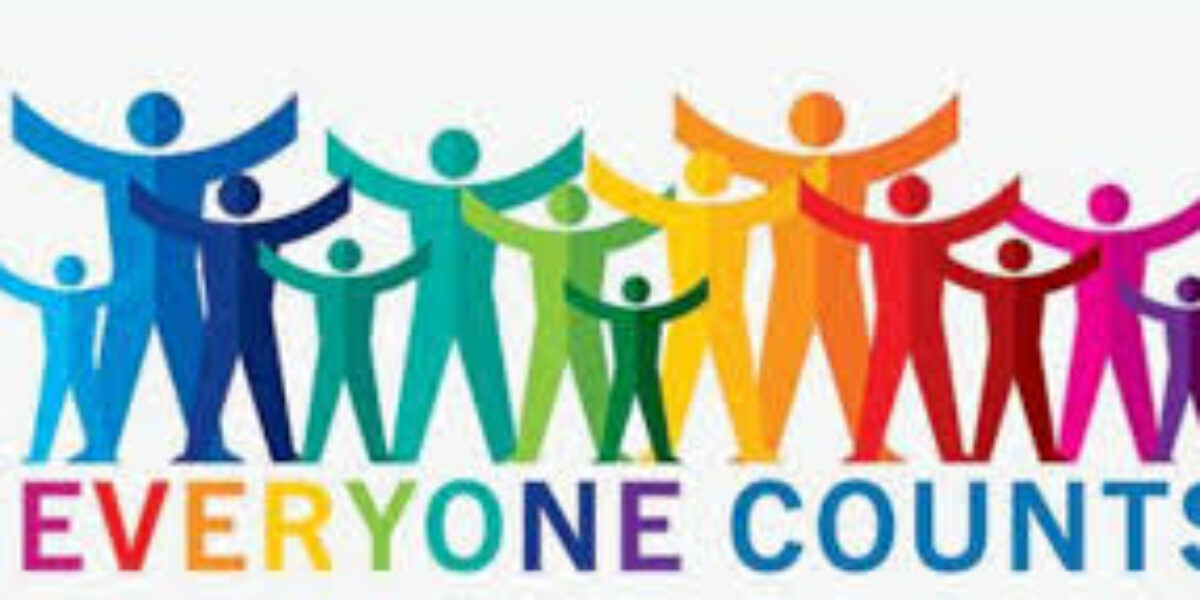Sefer Bemidbar – Num. 1:1-4:20 (May 14/15)
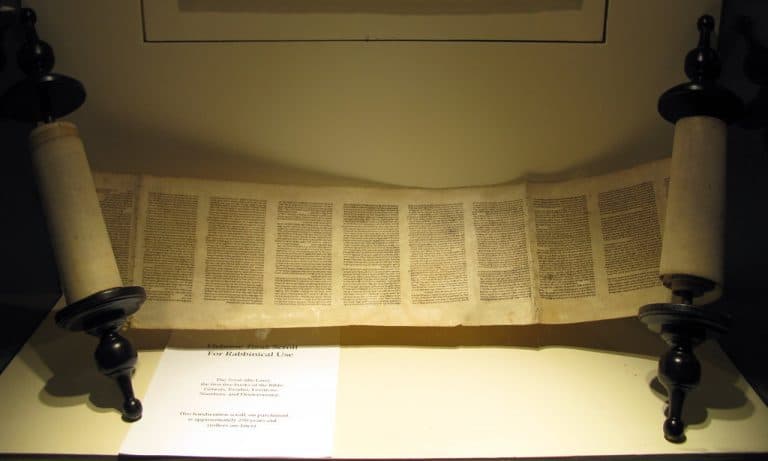
As the Torah Turns
Rabbi Lader’s Weekly D’var Torah
Sefer Bemidbar – Num. 1:1-4:20 (May 14/15)
This week we begin the book of Numbers – Sefer Bemidbar – Num. 1:1-4:20. Bemidbar is the Hebrew word for: in the wilderness, and this is where we find our people as they continue their journey to the Promised Land. “Numbers” is the English name for the book, as at the beginning of the book, God instructs Moses to take a census of the people. What exactly does it mean to count the people? In his commentary, Rabbi Joseph B. Soloveitchik, refers to two different ways to count, as expounded by Nachmanides (the RambaN): שְׂאוּ אֶת רֹאשׁ כָּל עֲדַת בְּנֵי יִשְׂרָאֵלS’oo et rosh kol adat b’nei YisraelTake a census of the entire assembly of Israel. “What was the purpose of this census? Nachmanides offers two explanations. The first is that the Torah wishes to emphasize God’s kindness in transforming seventy souls into a nation as numerous as the sand of the sea. The second reason for the census was so that each Jew would pass before Moses and Aaron and be known to them by name. Nachmanides’ two explanations reflect two types of counting. The purpose of the first type is simply to gain knowledge of the total number of an item. For example, one counts his money because he wishes to know how much he has. It is the total that interests him; the individual coins or bills have no intrinsic significance.
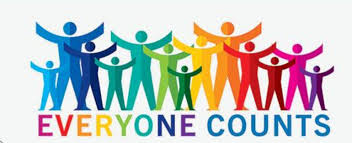
The second type of counting has a different objective. The ultimate goal is to recognize and appreciate each individual and is not necessarily concerned with the total number. Nachmanides indicates that each person would pass before Moses and Aaron. They counted the people by going from house to house, in the process learning about each family and how they lived. Therefore, God commanded Moses: “Take a census of the entire assembly of Israel…by number of the names; every male according to their head count.” It was not enough for Moses to know the total number of the Jewish people. Moses now had an added obligation, as the leader of the entire Jewish nation, to know every Jew by name. The words בְּמִסְפַּר שֵׁמוֹת – b’mispar shemot – by the number of names – suggest an intimate relationship with every individual. God commanded Moses to call each man by name, because each individual possesses something unique. To be an effective leader, Moses had to know each person as an individual with his own background and life experience.”________________ God bless Moses for being able to meet and know all 600,000 … and more! We have been asked many times about how many people are in our congregation. It’s easy to come up with a number, but so much more meaningful to be able to put names and faces with that number. Each one of us is counted; each one of us counts and is an integral part of our congregation. Each of us can bring their own unique abilities and strengths, skills and talents to help us be the best that we can be.
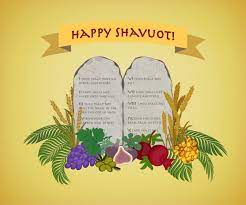
From Previous Weeks
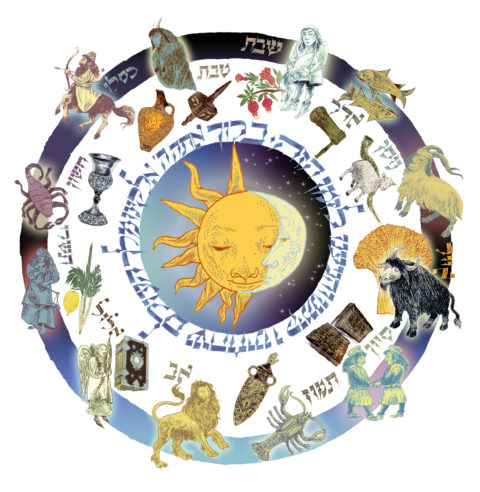
Emor – Lev. 21:1-24:23 (Apr. 30/May 1)
The “fixed times of the Eternal… the sacred occasions…”

Acharei Mot/Kedoshim – Lev. 16:1-18:30/19:1-20:27 (Apr. 23/24)
Morality comes from reading the tradition in its entirety…

Tazri’a/Metzorah – Lev. 12:1-13:59/14:1-15:33 (Apr. 16/17)
For too many of us, healing from a life-threatening illness…has brought us a heightened awareness of the need to not…

Shemini – Lev. 9:1-11:47 (Apr. 9/10)
When loss occurs…these texts reflect our nature to seek answers…

